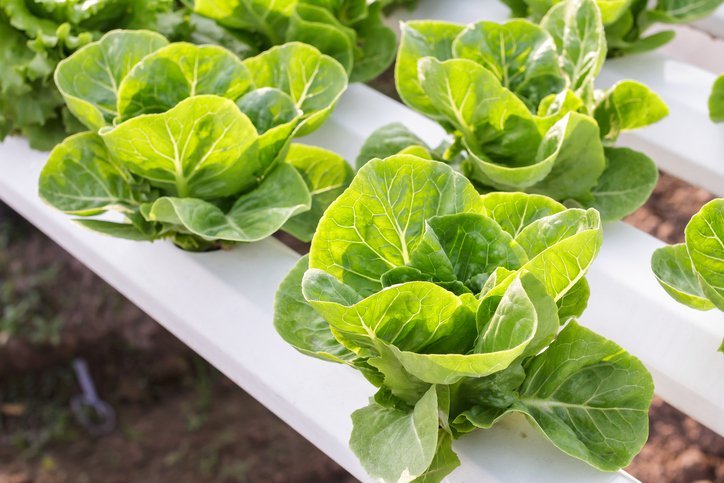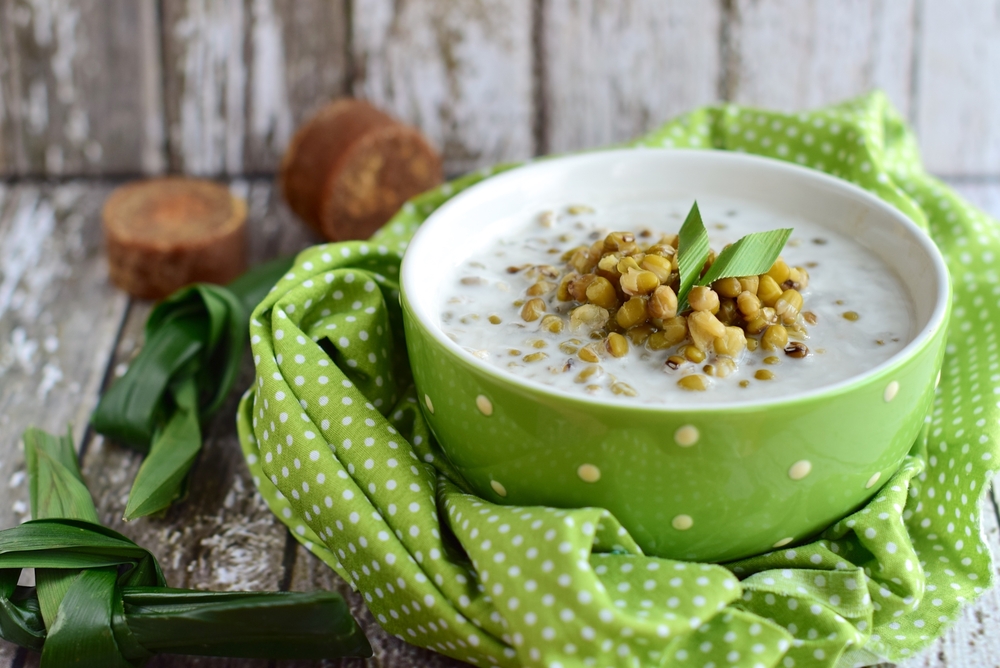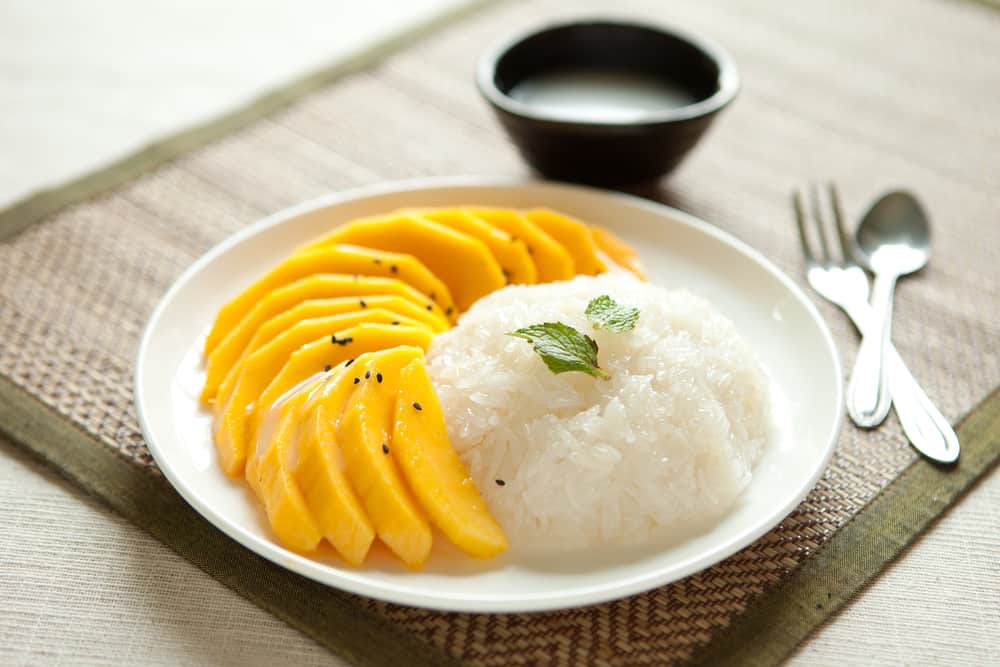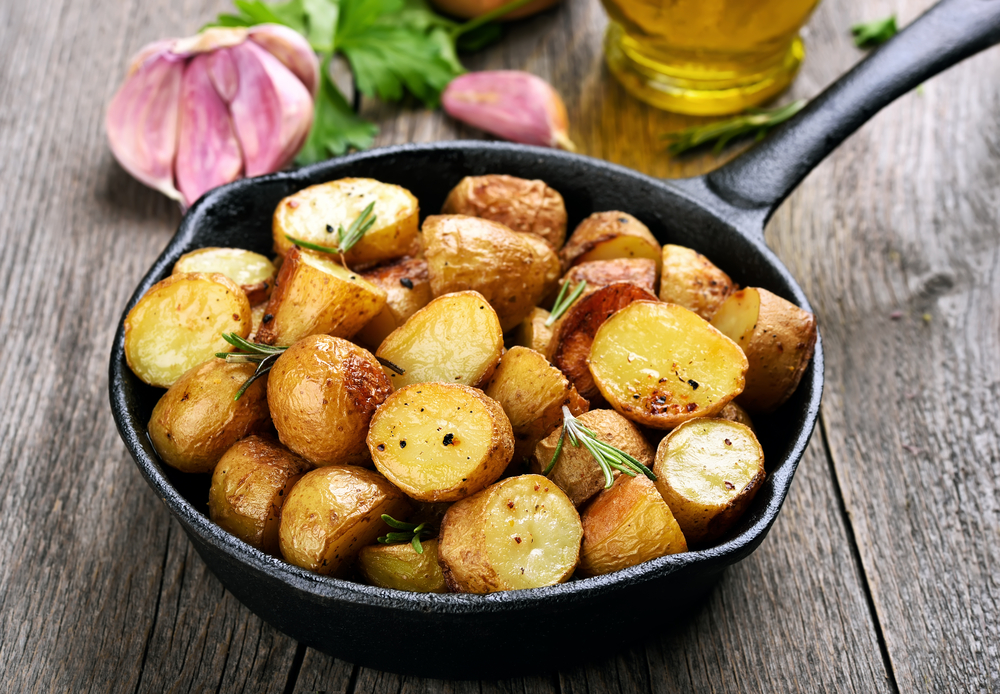Contents:
- Medical Video: Hydroponics Safety: Conventional vs. Organic Hydroponics
- What are hydroponic vegetables?
- What are the advantages of hydroponic vegetables?
- What are the shortcomings of hydroponic vegetables?
- Are hydroponic vegetables healthier?
Medical Video: Hydroponics Safety: Conventional vs. Organic Hydroponics
Lately many methods of growing vegetables have emerged. One of them is the hydroponic planting method. Some people claim that growing vegetables by hydroponics can improve their nutrition, so hydroponic plants are healthier than vegetables grown in the usual way. However, is it true that hydroponic vegetables are healthier?
What are hydroponic vegetables?
Hydroponic vegetables are vegetables that grow with the help of liquids that contain minerals needed by vegetables to grow. Unlike other vegetables that need soil to grow, hydroponic plants only need mineral water to grow. The water used to grow these vegetables can also be recycled.
In addition to water and minerals, hydroponic plants also need lights, filtration systems for water and air, and climate control devices. All of these things are needed to support the growth of hydroponic plants. Usually, hydroponic vegetables are grown in greenhouses and outdoors.
What are the advantages of hydroponic vegetables?
Because hydroponic plants are very guarded by the way and place of planting, and do not need soil, hydroponic vegetables do not need to use pesticides to protect them from insect pests. So, most hydroponic plant products are also organic.
In addition, the benefits of hydroponic planting are:
- It only requires less water than conventional methods, so the cost for water is also less
- Nutrition, humidity (pH), and environment as a place to grow can be controlled
- Vegetables grow faster because more oxygen (from water) is available in the root area
- More yields
- Can be planted anywhere, does not require large land to plant
- Does not require cultivation or weeding
- Plant rotation is also not needed
- Some plants, such as lettuce and strawberries, can be properly conditioned to reach better heights for planting, cultivation, and harvesting.
What are the shortcomings of hydroponic vegetables?
Behind all the advantages, of course hydroponic plants also have some disadvantages.
- Although hydroponic plants have a lower risk of being exposed to pests, it is possible for hydroponic plants to experience a few pest problems.
- Some diseases, such as Fusarium and Verticillium, can spread rapidly through the system.
- Skills and knowledge are needed to grow hydroponic plants well. Hydroponic plants need temperature, humidity, and the amount of light that must be controlled every time.
- Requires high operational costs compared to conventional plants. Hydroponic plants require light control that requires a lot of energy and many other costs are used to control the growth of hydroponic plants.
Are hydroponic vegetables healthier?
It has not been proven that hydroponic vegetables have higher nutrition than vegetables grown with other methods, although perhaps small-scale studies have shown that. Like research conducted by the Organic Center in 2008 which proved that nutrition in organic plants exceeds the nutrients in conventional plants. Likewise in a 2000 study published in the journal Practical Hydroponics & Greenhouses which shows that hydroponic plants are superior in terms of nutrition and taste compared to conventional plants, depending on the nutrients given when planting these hydroponic plants.
Most studies show that hydroponic vegetables have the same nutrients as vegetables grown with conventional methods. As long as hydroponic vegetables have nutrients (especially minerals in water) that are adequate for their growth, they also get enough light and air, hydroponic vegetables can grow well and have good nutrition.
However, there are studies that show that hydroponic-grown vegetables can also have fewer nutrients than conventional vegetables, although there may be a small amount of this research. As in a study in the Journal of Agricultural and Food Chemistry in 2003 which showed that the carotenoid content in hydroponic vegetables was lower compared to conventionally grown vegetables.
Keep in mind that nutrition and phytochemicals in hydroponic-grown vegetables have a variety of ingredients depending on various factors, such as plant varieties, seasons, when they are harvested, and how they are handled and stored after harvesting. Handling and storing vegetables after harvesting also affects their nutrition. Poor storage can reduce the nutrients contained in vegetables.












